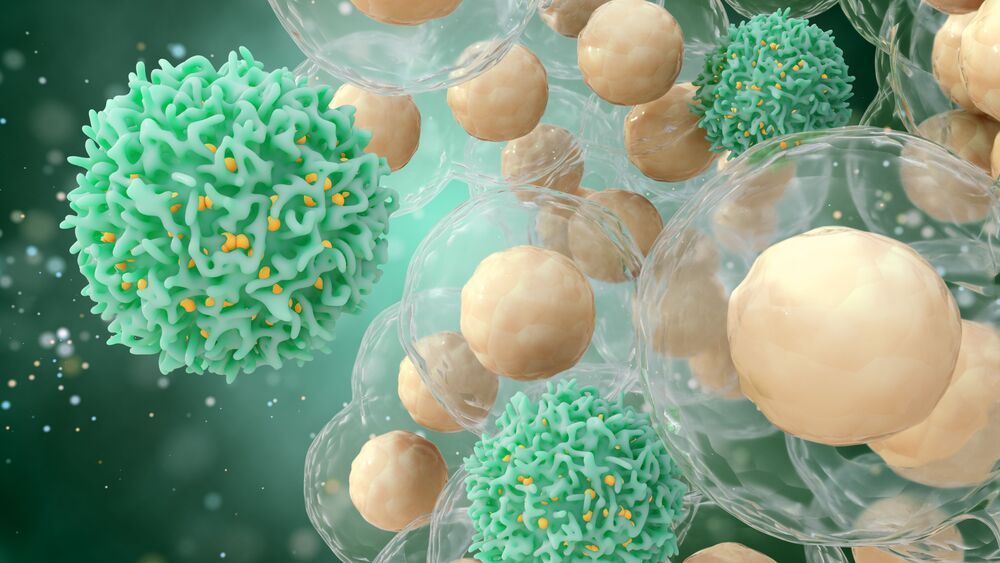It’s not hard to kill cancer cells,” says Dr. Marianne Koritzinsky, who led the study. “It’s hard to kill cancer cells without harming the cancer patient.
By better understanding the way cancer cells are able to thrive in the human body, scientists continue to learn where their vulnerabilities lie, and with that comes potential new forms of treatment. Researchers in Canada taking this approach have made a significant discovery around pancreatic cancer, pinpointing a protein the cells rely on for growth and targeting it to inhibit tumor growth in the lab.
Led by scientists at Princess Margaret Cancer Centre, the study focuses on the unique biology of pancreatic cancer cells, which drive a particularly deadly form of the disease with a five-year survival rate of just eight percent. The scientists knew that these cancer cells increase levels of a key metabolite called NADPH that helps fuel their growth, so they carried out genomic analysis to shed more light on the process.
This revealed that the cells with high levels of NADPH and undergoing uncontrolled growth as a result also suffered from oxidative stress, but an antioxidant protein called PRDX4 was able to combat these effects and enable the cells to survive. In this sense, the cancer cells are highly dependent on, or “addicted to”, the protein, something the scientists hoped to leverage for their purposes.
